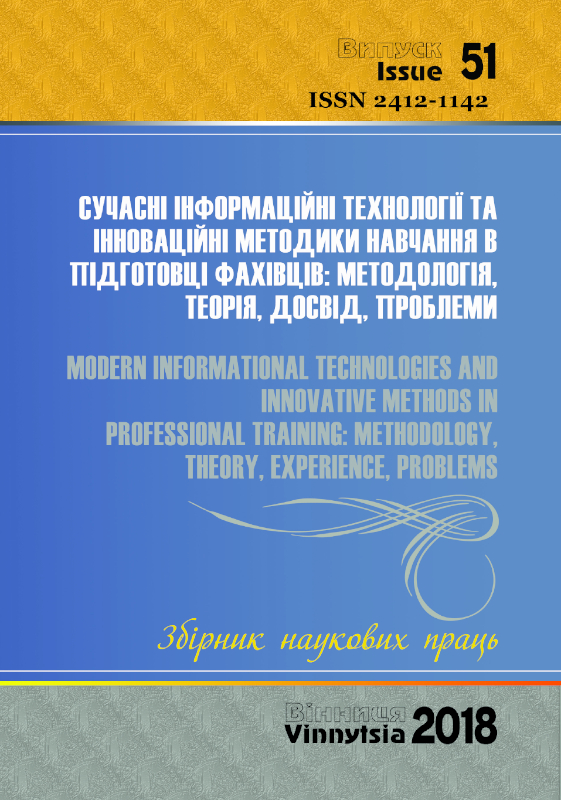PRINCIPLES OF ORGANIZING BUSINESS GAMES
Keywords:
didactics game, business game, active method of studies, playing design, principle of imitation designAbstract
In the article basic principles of organization of business games are examined as one of active
methods of studies. Business games are an active method of studies, most near to the real future professional activity
of students. Advantage of business games consists in that, being the model of the real activity, they give an
opportunity considerably to shorten an operating cycle and to show the same to the participants simultaneously, to
what end-point will bring their decisions over and actions. Business games are both global(management a company)
and local(realization of negotiations, preparation of businessplan, report and others like that). The use of this method
allows to the future specialists to execute different professional functions and due to it to extend own ideas about
organization and mutual relations of her employees. Business games are useful enough from the point of view of
making of practical, administrative(stowage of plans, realization of conferences, negotiations) and behavior skills (of
satisfaction of necessities of clients, oriented to quality, collaboration). They are less effective for mastering of
theoretical knowledge and capture new professions. Business games are a cost, as for their preparation needed the
special providing, special skills and much time enough. Effective is an analysis of business game that has an emergency
value for efficiency of this type of studies, also requires participation of the specially prepared instructors.
Basic principles of constructing and organization of business games are distinguished: principle of imitation
design of concrete terms of playing design of maintenance and forms of professional activity; principle of problem of
maintenance of imitation design and process of his development is in a playing model; principle of joint activity;
principle of dialogic commonunication; principle of двоплановості of playing educational activity.
Downloads
References
Вербицкий А. А. Методологические рекомендации по проведению деловых игр / А. А. Вербицкий, Н. В. Борисова. – М., 1990. – С. 41.
Вербицкий А. А. Самостоятельная работа студентов: проблемы и опыт / А. А. Вербицкий и др. // Высш. образование в России. – 1995. – No 2. – С. 137-145.
Пидкасистый П. И. Игра как средство активизации учебного процесса / П. И. Пидкасистый, Н. К. Ахметов, Ж. С. Хайдаров // Советская педагогика. – 1985. – No 3. – С. 17.
Спиваковская А. С. Игра – это серьёзно! / А. С. Спиваковская. – М. : Просвещение, 1981. – С. 44.
Теория и практика развития интенсивных методов обучения: Сб. науч. тр. – СПб. : Изд-во СПб ИЭИ, 1992. – 62 с.
Тополя Л. В. Ігрові технології як фактор активізації навчально-пізнавальної діяльності підлітків / Л. В. Тополя // Сучасний стан і перспективи шкільних курсів математики та інформатики у зв’язку з реформуванням у галузі освіти / Тези доп. Всеукр. наук.-практ. конф. – Дрогобич, 2000. – С. 59-62.
Хасанов И. А. Интенсификация профессиональной подготовки с использованием автоматизированных дидактических игр: Вузы / И. А. Хасанов // Изв. нац. Академ. наук и искусств Чуваш. респ. – 1997. – No 3. – С. 106-109.
Чупрасова В. И. Влияние деловых игр на социально-психологический климат в студенческой группе / В. И. Чупрасова // Проблемы теории и практики гуманитаризации высшего образования; ред. Т. А. Арташкина. – Владивосток, 1993. – С. 145-154.
Якиманская И. С. Разработка технологии личностно-ориентированного обучения / И. С. Якиманская // Вопросы психологии. – 1995. – No 2. – С. 32-42.
Downloads
Published
Issue
Section
License
Copyright (c) 2018 О. І. Буга, В. М. Глуханюк, В. В. Соловей

This work is licensed under a Creative Commons Attribution 4.0 International License.

